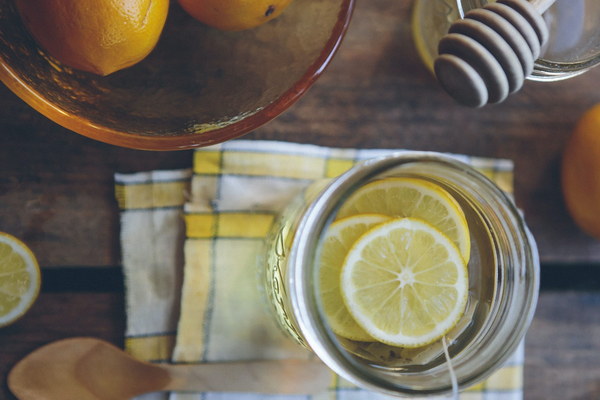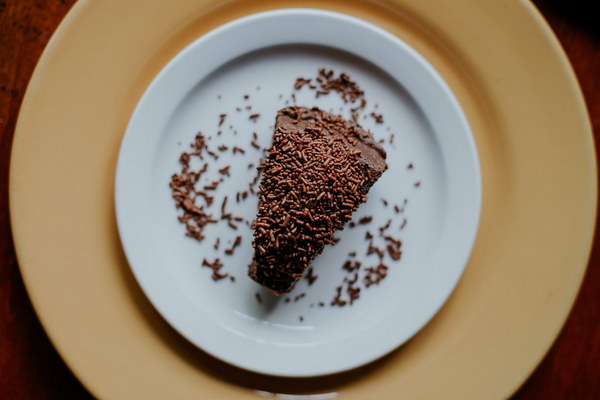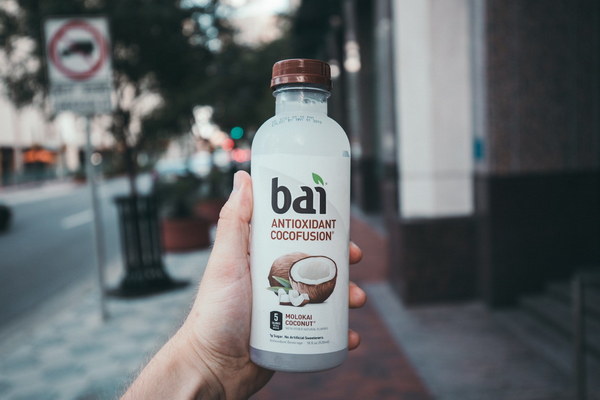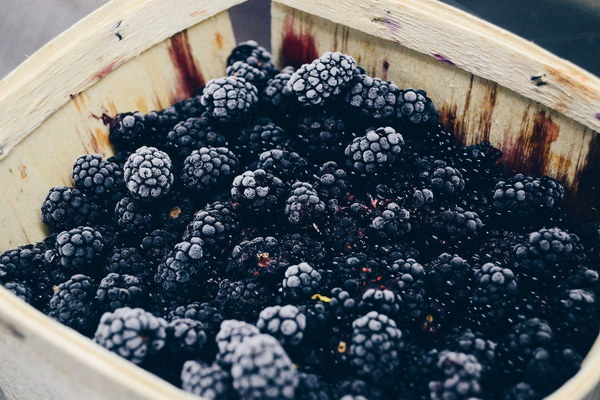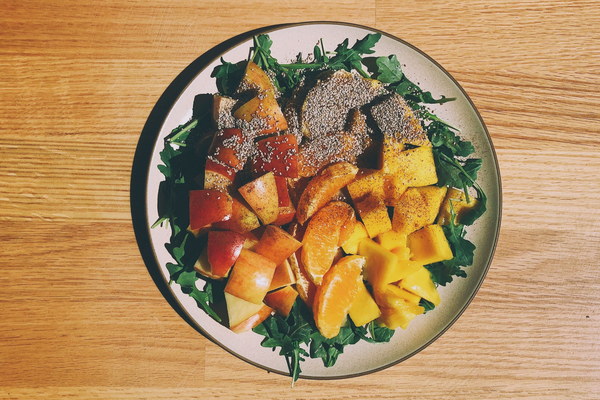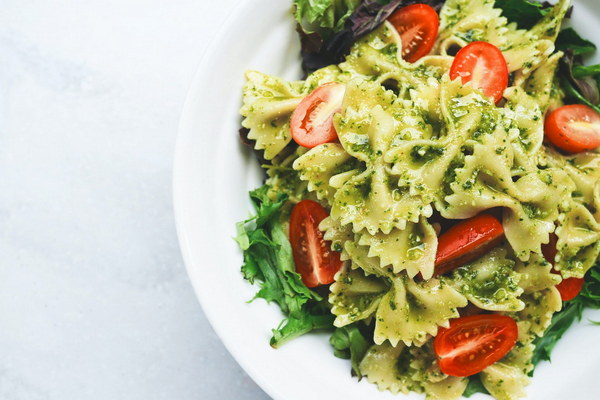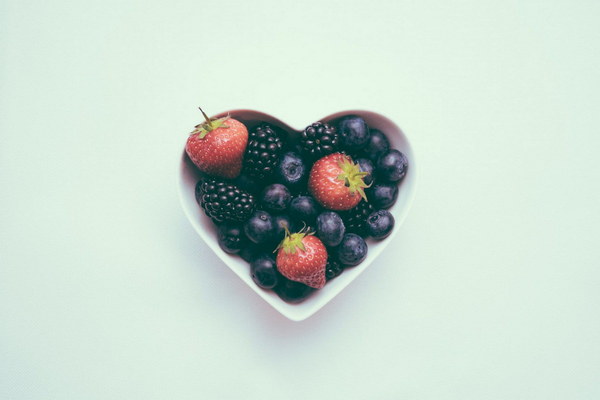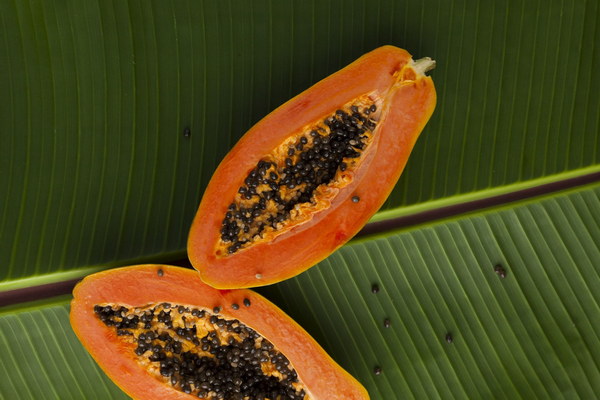Replenishing the Body After Diarrhea A Comprehensive Guide to Post-Diarrhea Nutrition
Introduction:
Diarrhea can be a distressing and uncomfortable experience, often accompanied by dehydration and a weakened immune system. After enduring the discomfort of diarrhea, it is important to replenish the body with the necessary nutrients to aid recovery. This article provides a comprehensive guide to post-diarrhea nutrition, offering tips and suggestions on how to nourish the body back to health.
1. Rehydrate with Water and Hydration Solutions:
The most crucial aspect of post-diarrhea recovery is to rehydrate. Diarrhea can lead to significant fluid loss, which can cause dehydration and further weaken the body. To rehydrate, drink plenty of water throughout the day. Additionally, consider consuming oral rehydration solutions, such as Pedialyte or Gatorade, which are specifically formulated to replenish electrolytes and minerals lost during diarrhea.
2. Gradually Introduce Nutritious Foods:
After experiencing diarrhea, the digestive system may be sensitive and require time to recover. Start by introducing easily digestible foods, such as bananas, rice, applesauce, and toast, often referred to as the BRAT diet. These foods are gentle on the stomach and can help restore the normal balance of gut flora. Gradually introduce other nutritious foods, such as lean proteins, whole grains, fruits, and vegetables, as tolerated.
3. Focus on Nutrient-Rich Foods:
To aid recovery, incorporate nutrient-rich foods into your diet. These foods provide essential vitamins, minerals, and antioxidants that can help strengthen the immune system and support overall health. Some examples include:
- Fresh fruits and vegetables: Rich in vitamins A, C, E, and antioxidants, fruits and vegetables can boost the immune system and promote healing.
- Lean proteins: Sources such as chicken, fish, tofu, and legumes provide essential amino acids necessary for tissue repair and muscle strength.
- Whole grains: Foods like brown rice, quinoa, and whole-wheat bread provide energy and fiber, which can help regulate digestion.
- Healthy fats: Avocado, nuts, and seeds contain healthy fats that support the absorption of fat-soluble vitamins and promote overall health.
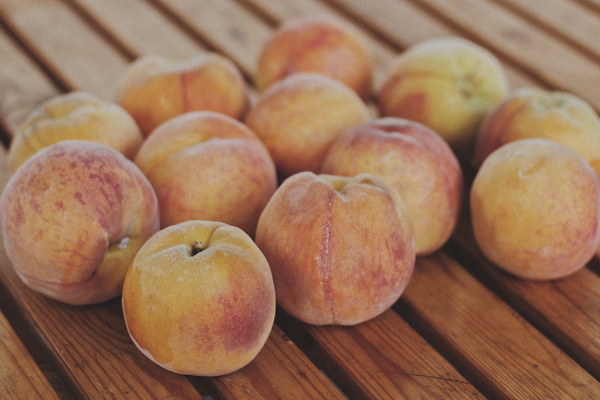
4. Avoid Certain Foods:
Certain foods can exacerbate diarrhea symptoms and delay recovery. It is important to avoid or limit the intake of the following:
- High-fat foods: Fatty foods can be difficult to digest and may irritate the stomach.
- Spicy and acidic foods: These foods can irritate the digestive system and worsen diarrhea symptoms.
- Dairy products: Some individuals may experience increased diarrhea after consuming dairy products. If this is the case, consider avoiding dairy or choosing lactose-free alternatives.
5. Consider Probiotics:
Probiotics are beneficial bacteria that can help restore the balance of gut flora. Consuming probiotics may aid in digestion and reduce the duration of diarrhea. Consider incorporating probiotic-rich foods such as yogurt, kefir, sauerkraut, and kimchi into your diet. Additionally, you may consult a healthcare professional about taking probiotic supplements.
Conclusion:
Replenishing the body after diarrhea involves a combination of rehydration, consuming nutrient-rich foods, and avoiding certain triggers. By following this comprehensive guide to post-diarrhea nutrition, you can support your body's recovery and return to optimal health. Remember to consult a healthcare professional if you experience persistent diarrhea or have any concerns about your diet and nutrition.

